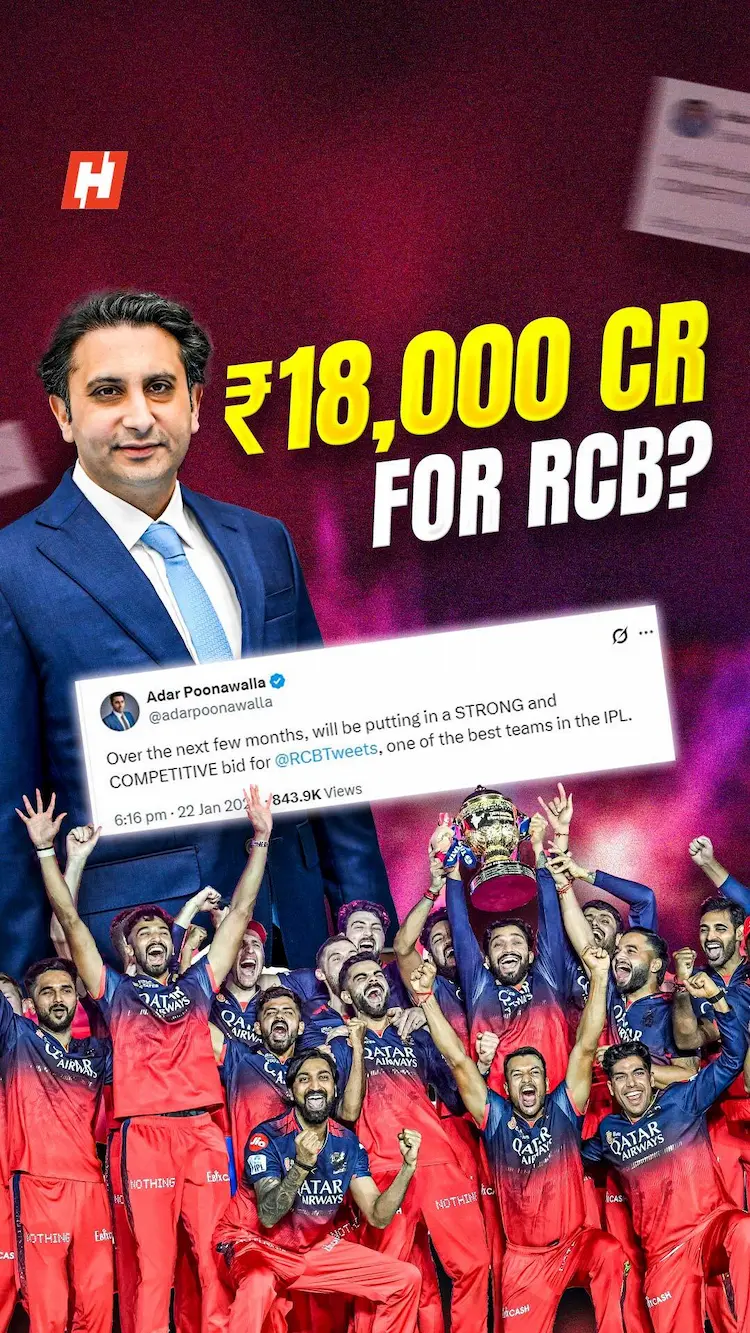Desi Vibes, Global Devotion: Foreigners Chant Shiv Tandav Stotram at Kashi Vishwanath!
On the auspicious occasion of Mahashivratri, the Kashi Vishwanath Temple in Varanasi witnessed an overwhelming gathering of devotees, with a remarkable highlight being the participation of foreign devotees who recited the Shiv Tandav Stotram. The air resonated with chants of "Har Har Mahadev" as these international visitors joined local worshippers to honour Lord Shiva, showcasing the festival's universal appeal.
Mahashivratri, celebrated annually on the 14th night of the dark fortnight in the Hindu month of Phalguna, holds profound spiritual significance. Known as the "Great Night of Shiva," it commemorates the divine union of Lord Shiva and Goddess Parvati, symbolizing the harmony of masculine and feminine energies. Devotees believe this night also marks Shiva's cosmic dance, the Tandav, which represents creation, preservation, and destruction.
Staying awake, fasting, and meditating are key practices, as the unique planetary alignment is said to amplify spiritual energy, aiding in cleansing the mind and soul. For many, it’s a time to seek liberation from past sins and connect deeply with the divine.
The Shiv Tandav Stotram, a powerful hymn composed by Ravana, a ardent devotee of Shiva, adds a unique dimension to the celebrations. This stotra, with its rhythmic verses, vividly describes Shiva’s majestic dance and divine attributes, evoking awe and devotion.
Reciting it is believed to dispel negativity, enhance mental strength, and invoke Shiva’s blessings. The participation of foreign devotees in this recitation underscores the global resonance of Shiva’s teachings and the stotra’s timeless appeal.
The sight of international devotees chanting in unison at one of India’s holiest sites reflects Varanasi’s enduring spiritual magnetism. This Mahashivratri, blending tradition with cross-cultural devotion, reaffirms the city’s status as a sacred hub where faith transcends borders, uniting people in reverence for Lord Shiva.









